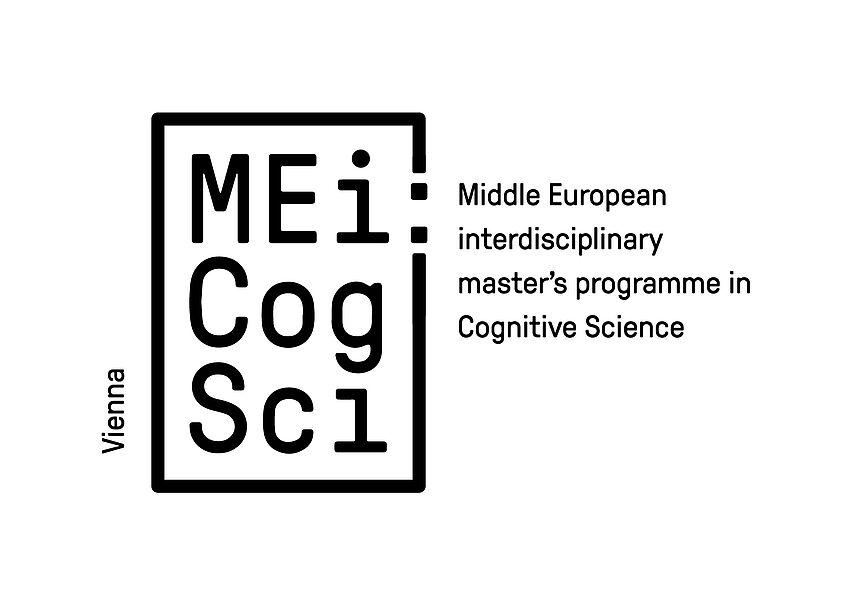Institutional Partners
Beyond our infrastructural coupling with the faculties of our Researchers, we cooperate closely with other institutions within the University of Vienna.
OCKO — Research Group Organizing Cognition in Knowing Organizations
The focus of the OCKO (Organizing Cognition in Knowing Organizations) research group revolves around learning, knowledge creation, innovation, and change in educational, research, and organizational/work settings.
We view these settings (e.g., universities, companies) as organizations that are capable of creating knowledge (i.e., knowing organizations), and assume that — by employing a variety of different methods and approaches — the structures or environments of these organizations can be identified, activated, changed, manipulated, or intentionally designed (i.e., through organizing cognition) in order to support such processes of knowledge creation and learning. Our approach is based on the theoretical perspectives generally referred to as 4E (i.e., embodied, embedded, extended, enactive) and 4EA (& affective) cognition, as well as the concept of cognitive institutions (i.e., organizations as socially extended cognitive systems).
Empirical Visual Aesthetics Lab (EVA Lab)
The Research Focus Empirical Visual Aesthetics (EVAlab), was founded in 2004 by Helmut Leder and is recognized as the earliest department with a specific research focus on Visual Empirical Aesthetics. Only recently similar initiatives have emerged elsewhere (MPI Frankfurt, Goldsmith, NYU). Over twelve years, the Research Focus established a unique research team and network in the field of visual aesthetics, and now holds a role of international leadership in psychological empirical art research with numerous important publications pioneering empirical approaches (physiology of art emotion, fluency and art, face beauty, museum studies, art and health, eye-tracking) and theoretical modeling of aesthetic experience. No other group has in fact established more theoretical contributions on the state-of-the-art in psychological aesthetics with leading models for viewing art (Leder et al., 2004; Leder & Nadal, 2014), as well as more neuroscientifically grounded models, published in prestigious journals. The EVAlab has also been host to a number of researchers in empirical aesthetics, serving as a central hub for research in this emerging area.
The ARTIS Lab
ARTIS (Art and Research on Transformations of Individuals and Societies) is a EU Horizon 2020-funded project under the call “Societal Transformations and the Arts.” leaded by Ass.-Prof. Matthew Pelowski.
They represent a first-of-its-kind consortium of research institutions in the social sciences, Art History, Philosophy, Art education, and Art and Cultural Policy.
MEi:CogSci
The Middle European interdisciplinary master programme in Cognitive Science (MEi:CogSci) is a joint master's programme, which is offered jointly by the following institutions:
- University of Vienna (coordinating partner) & Medical University of Vienna
- Comenius University in Bratislava
- Eötvös Loránd University Budapest
- University of Ljubljana
As this curriculum is conceptualised as a joint master's programme, ultimately a joint academic degree will be awarded by the participating institutions. The concept of a joint degree includes a 30 ECTS of student mobility.

CReA Lab
The aim of the Laboratory for Cognitive Research in Art History (CReA) is to expand art historical knowledge through the use of empirical and experimental methods. The laboratory's projects deal with traditional art historical questions about artworks and their perception as well as transdisciplinary issues of empirical aesthetics, visual culture and museology.
VDS CoBeNe
The VDS CoBeNe is one of four Doctoral Schools at the University of Vienna established in March 2016. It aims to foster interdisciplinary interactions between research groups in cognitive-, behavioural- and neurosciences at the University of Vienna through a coordinated, structured, and internationally recognized PhD education.
As such, it does not include a PhD curriculum. Participating PhD candidates will be inscribed in the respective curricula at the participating faculties.

